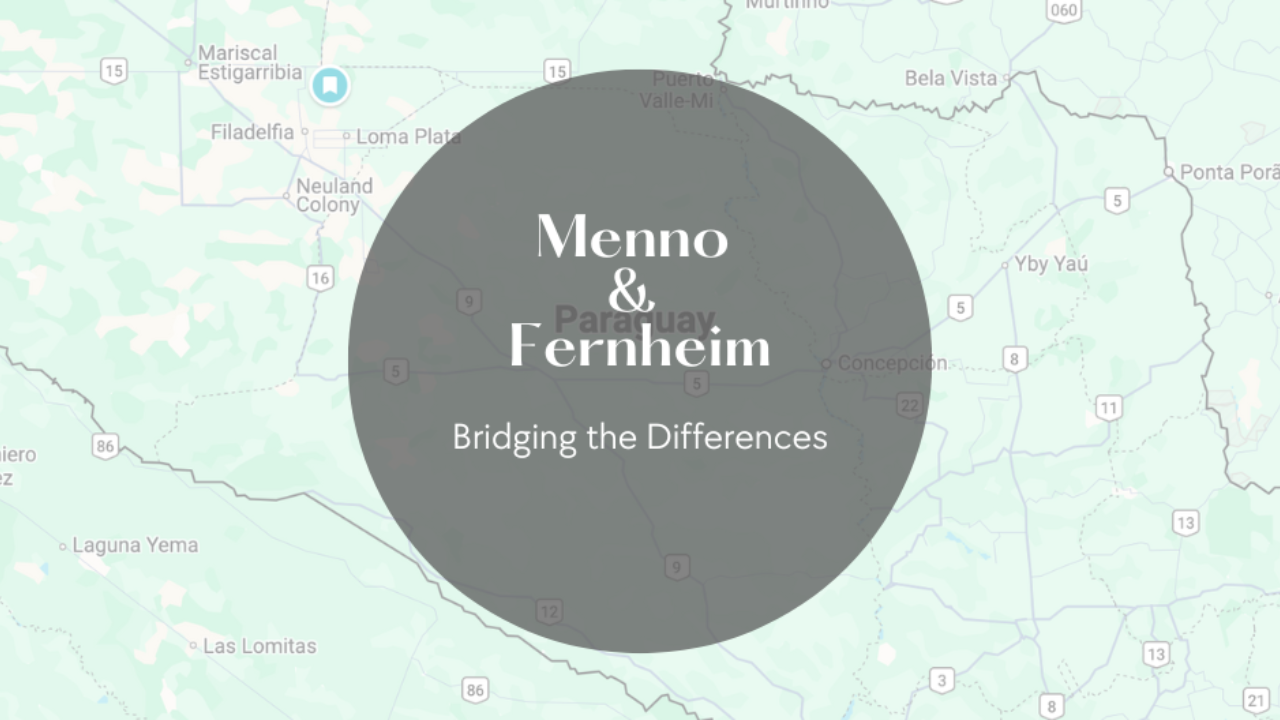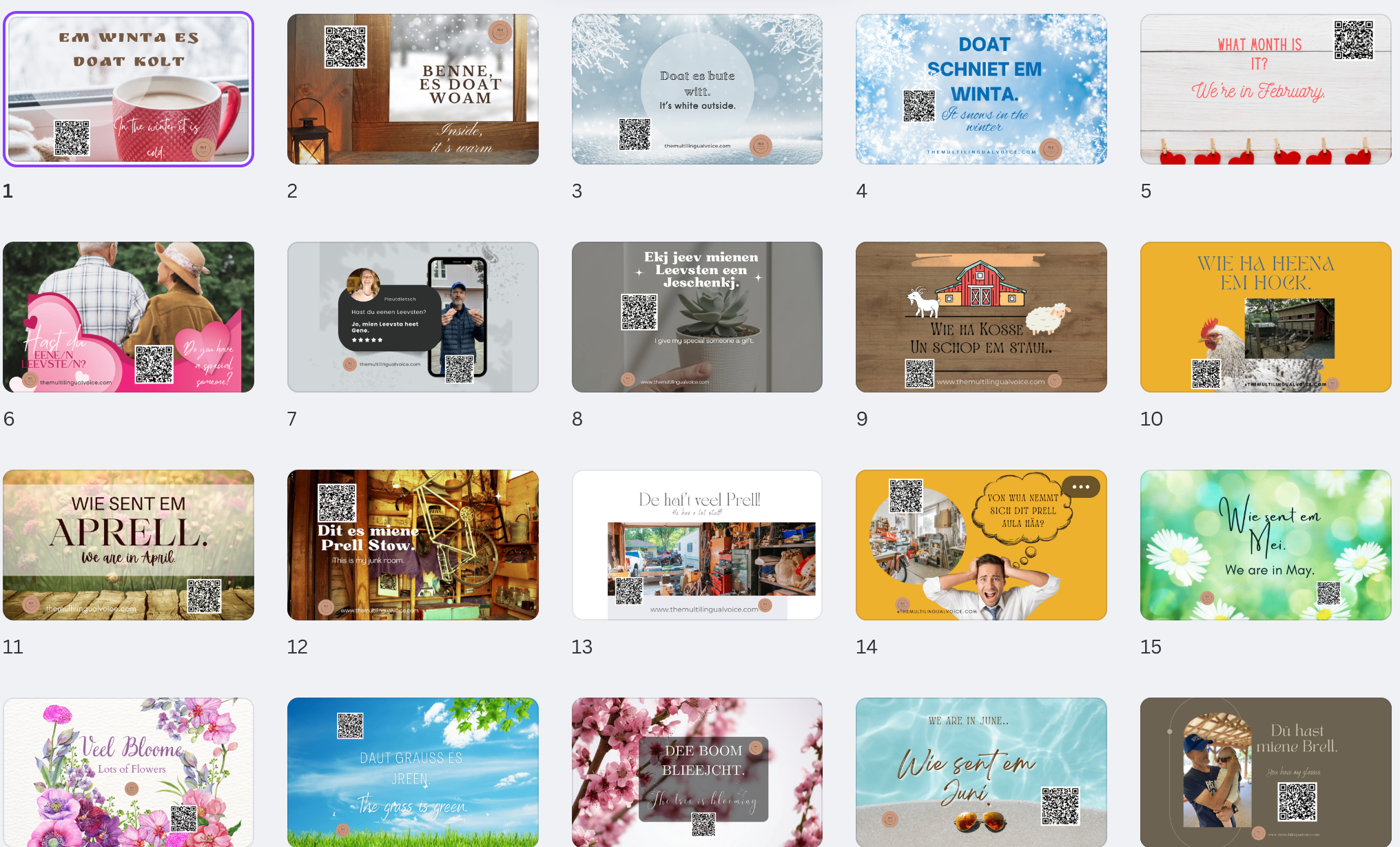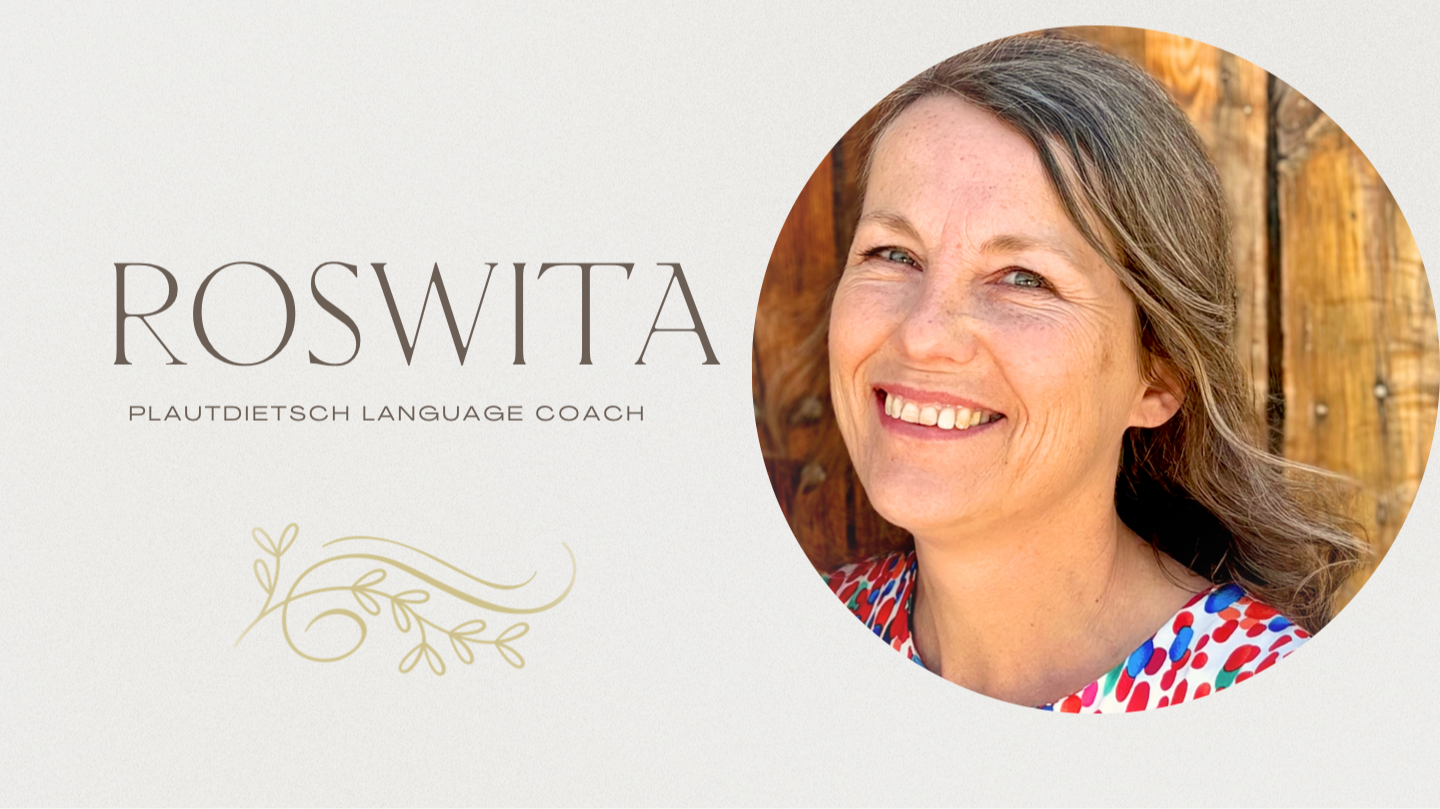How to Build Relationships in a Coconut Culture

Our first year in Russia, we lived on the 5th floor of an apartment built of cement cubes. Several apartment complexes were put up in the same area. Every morning 100s of people would make their way through the various complexes to catch the bus or ‘Tramvai’ (train) to get to work.
As we made our way down our 5 floors and out the door to get to our language school, we would pass a plethora of people. We quickly learned that it was not the custom to greet each other in passing. The norm was to cast a quick glance and then look away or totally ignore the person approaching. Gene and I both were raised with different cultural norms, and our approach to this mannerism varied.
My heritage and culture is mix of slavic and german culture and growing up the feedback our community would get was that we stared a lot at anyone visiting our village in Paraguay. Greeting people on the sidewalk wasn’t necessarily the norm, and if a person chose to greet, it usually wasn’t with a smile. Customer service with a smile in a store wasn’t necessarily expected either. My initial encounter with meeting Russian people in passing in those days was intriguing to me, because their mannerisms reflected something similar to what I had been accustomed to in my little slavic/german village in Paraguay.
My husband, Gene, thought this to be very strange. He would greet the person in passing and only get a stare in return. I remember him telling me that he started a challenge for himself to see how long it would take to get the other person to respond (let’s call this his 'coping mechanism' or 'counter-cultural exposure'). This practice seemed to work with those whom he would meet on a daily basis. Soon they realized that ‘the new kid on the block’ wasn’t going to ignore them, and they would return the greeting. What we didn't realize was the cultural norm behind this practice.
Coconut versus Peach Relationships
Gene’s cultural mannerisms reflect some of the culture of Brazil and the USA. He spent a large portion of his early years of development and through the age of 18 in both of these countries. He has a culture that has been labeled a Third Culture Kid (more about that later).
Different researchers through the years have created different models to help us understand cultural nuances and differences. One of these models created by Trompenaars & Hampden-Turner is a peach and a coconut model of relationships.
The cultural norms between Brazil and the USA/Canada vary greatly; however, they do have a similar approach when it comes to building relationships. They would be described as a ‘Peach’ because of their approach to interacting with strangers. With limitations, these cultures resemble a friendliness that is open and vulnerable from the first moment you meet a person. Service with a smile. Personal questions. And, the list goes on. However, even though personal information has been shared, it doesn’t mean that a long-term friendship is secured. It's like the pit part of the peach. To get to a friendship level will take some time.
Many cultures in the world, on the other hand, were described as a coconut with this model. A coconut culture has a shell that is hard to penetrate, but when you do, there is a whole lot of sweetness inside. The relationship-building approach takes time and needs some work before a friendship is secured. Cultural cues and norms determine how much personal information is shared and when.
This reflected an important message from a dear elderly relative that I held onto while living in Russia. She told me that when you interact with the Russians, remember that they are kind-hearted. It’s the leadership that pushed us out of the country. She was referring to the Stalin era when many European farmers were fleeing the horrors of the political system. My grandparents were among them, and this was the message that was passed down. So as I approached cold stares on the sidewalk (other than seeing what I must look like when I stare) I remembered the message that had been passed down to me. There is a friendly person behind the solemn look.
The Russian approach to relationship building reflects aspects of the coconut model. After some time of sharing some common experiences and times of hospitality, a trust is formed and a deeper relationship is formed. This relationship is foundational to business and life in Russia, but there is a hard shell to get through first.
Peach and Coconut Cultures Meet
An opportunity to gain some cultural clarity arose right from the get-go of living in Russia, when our kitchen sink overflowed in the apartment. Have you ever turned lights on even though you know the electricity is off? And then when the electricity comes back on, you realize how many lights were attempted to be turned on or used prior to the electricity going off. Well, that’s what happened to us, but for us it was the water being turned off at random times.
I guess it was common practice in those days for the city to turn off the water for parts of the day, and on one of those occurrences, we had left the apartment with the faucet for the kitchen sink wide open. The problem was that we left for a few hours. Luckily, the water came on just before we got home. So when we walked into our apartment and heard the water on, we ran to rescue the situation. The sink had just filled and began overflowing before we got the faucet turned off. Some of the water had begun puddling under the kitchen stove, and as gravity would have it, it began leaking through the floor to the apartment below us, right into our neighbor’s kitchen.
It didn’t take long for us to get a knock on the door, and we opened up to a very anxious neighbor speaking to us in Russian, and changing to pantomime when she realized that we didn’t understand her. We figured out that she was referring to the water issue. Awkwardly, we tried to respond with hands and motions that the issue was under control. But that wasn’t enough. She motioned for us to follow her, and she led us straight to her kitchen, where a big bucket stood on her stove to catch the dripping water from the ceiling.
Our savior of the moment was her son Artur. He had luckily taken English in high school, and this allowed him to shine. He interpreted our part of the story, and his mom was able to relax. They invited us into their living room, and a wonderful eye eye-opening cultural learning moment happened. As we had made some introductory conversation, he popped the question that had been on his mind for some time. Why do you smile so much? He asked us. It kind of came as a surprise, and I couldn’t help but laugh when he proceeded to say, “In our culture, it means that something isn't right in your head, like you’re a little crazy.” I must say that I confirmed his assumption by laughing even more.
After this experience, our relationship changed. We had a lot more heart-to-heart conversations. We were able to ask direct questions to learn more about what was or wasn’t appropriate with our behaviors. For example, we wondered if our toddlers running around was too loud for them. But they graciously said that they weren’t loud compared to the nine boys who all shared a room about their bedroom. I guess jumping off of bunk beds was a common practice for the previous family living in our apartment. However, this wasn’t shared with hard feelings. They told us how much they missed them, because they had had a wonderful relationship as neighbors.
Did we change who we were? Probably not, but we were more sensitive to how we were being perceived. We weren’t going to change each other’s cultures, but we definitely could move forward with a greater understanding of each other. This was the groundbreaking event of many more relationship-building opportunities to come. We were grasping a little more of how to navigate a coconut model culture.
Lesson Learned -
The longer we lived in Russia, the more we understood the power of relationship building. Here are some of the ways we practiced getting to know these wonderful people:
1 - Spontaneous Hospitality
We drank many cups of tea around the table of our Russian, practicing our language and building amazing friendships. Spontaneous hospitality in Russia meant that after having met with the same people on multiple occasions, we were then welcomed to go to their place with a spontaneous call asking, “Are you home?”. Taking a treat or food to share with the tea made the visit spontaneous, but fun!
2 - Travel
As we built these friendships around the tea table, we were soon introduced to another form of relationship building. We spent many fun times in nature, as they would say in Russian. During the summer months, we joined groups on frequent visits to the Sea for day trips or weekend camping trips, which became another level of learning Russian norms.
3 - Acts of Service
After we had lived in Russia for a few years, we decided to buy a house with a yard. Apartment living was not our first choice, and as our family was expanding, we wanted to be able to let the kids go outside and play. We had multiple occasions to serve our neighbors in this new setting. Giving people rides and helping the elderly overcome some of the challenges they faced as they lived with common inconveniences. Serving people always provided another opportunity to build a friendship.
4 - Local Parks
It was common for families to spend time in local parks. This was a great time to connect with other families as our kids played together. Granted, some of these conversations were abrupt and cold to start out with, especially if your child did something that was culturally unacceptable. The more we learned the language, the more opportunities we had to break through that initial cold front to a more pleasant conversation of learning from each other.
5 - Sports and Music
Joining in on recreational activities and music let us in on a universal activity that had common rules. Gene joined a local volleyball team, and it didn't take long for new relationships to form as people were curious about where he was from. We enrolled our kids in the local music school, and this opened up greater opportunities for building new relationships. Living in a city made it easy to find a group that fit our interests and skills.
The Language Learning Guide
Get the FREE resource to boost your language learning efforts.
If you are wanting to learn a new language for a specific situation and you just can’t find the program to meet that need, I’ve created a guide with strategies and tools to create phrases that resonate with your context.
We hate SPAM. We will never sell your information, for any reason.




